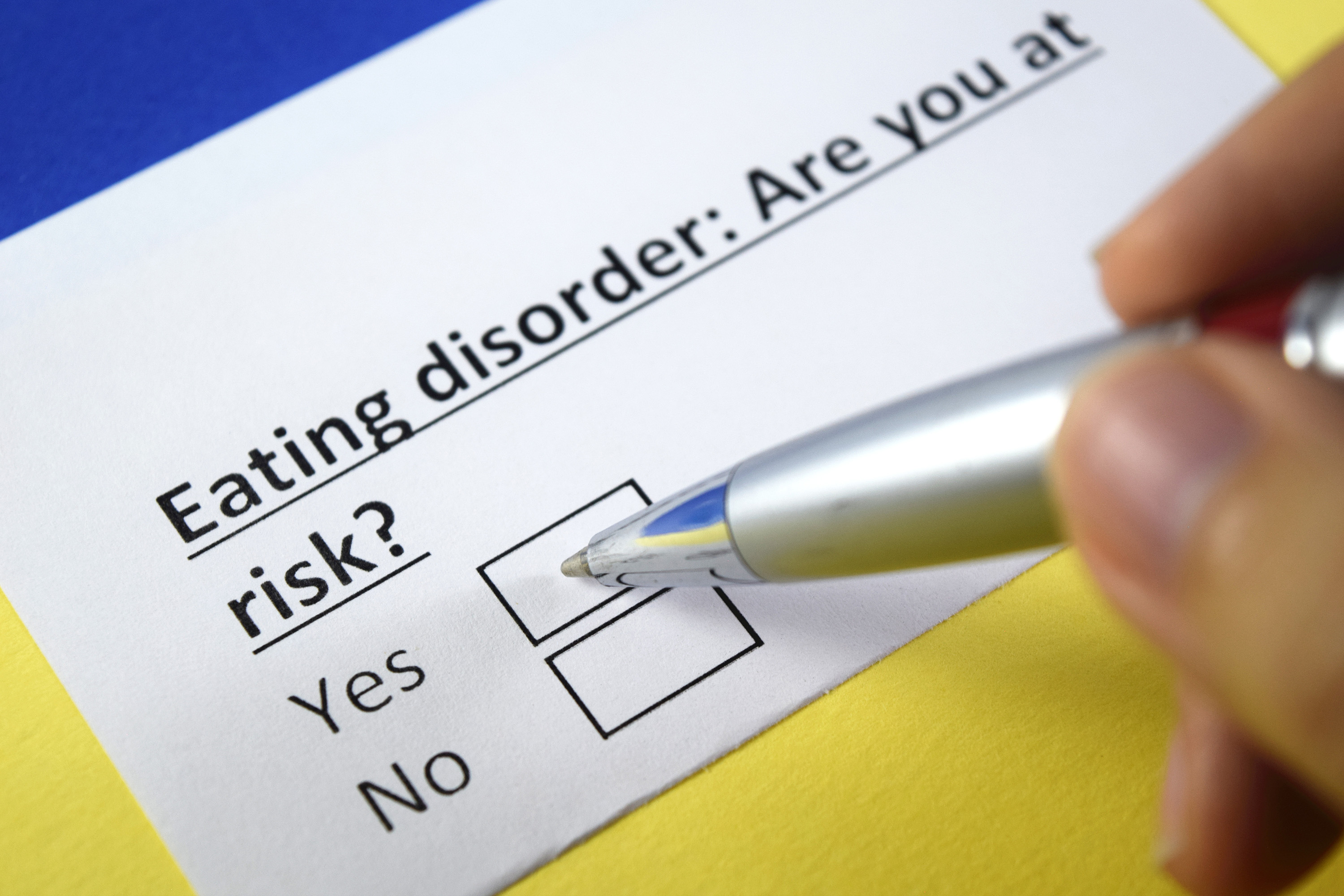According to the American National Eating Disorders Association, up to 30 million people suffer from eating disorders. Here is more.
What is an eating disorder?
An eating disorder (EID) is an unhealthy attitude toward food. Patients eat too much or too little, are fixated on the figure, and cannot adequately perceive their body; at any weight, it seems to them fat. According to statistics, one person dies every 62 minutes from eating disorders.
It is challenging to pinpoint the precise causes of RPD, but it is often psychological trauma or genetic predisposition. The frustration can also arise from community pressure. An example is the work of models and athletes. They need to monitor their shape constantly; otherwise, they will not meet professional standards. Over time, this becomes an obsession.
Disorders fall into three main types
- Anorexia nervosa. During illness, a person is obsessed with thinness. Therefore, he eats little, exercises a lot, and tries to lose weight by any means.
- Bulimia. The patient loses control, eats in huge portions, and then induces vomiting, takes laxatives, or exercises until exhaustion. The latter form of the disease is called sports bulimia.
- Compulsive overeating. A person also does not control himself while eating - overeats to stomach pain and then feels guilty. But unlike bulimia, it doesn't try to empty the stomach or burn calories immediately.
If you suspect you have an eating disorder, but your symptoms differ from those described, you may still have a problem. Do not ignore the signs that seem strange or abnormal to you; see your doctor.
Read also: 9 Ways To Start Eating Healthier Without Effort
Who is at risk?
Most often, RPP appears in women, especially girls aged 13-18, athletes (gymnastics, figure skating, running), ballerinas.
How to recognize signs of ERP?
Bulimia, binge eating disorder, and anorexia have different symptoms, but some overlap. If you detect a minimum of a few symptoms of RPD, it is worth visiting a psychologist to stop the development of the disease.
10 signs of anorexia
Many people think that anorexia is excessive thinness. But this is not entirely true. Anorexia is a mental illness and does not depend on a person's weight. The disease cannot be identified just by its outward manifestations; it is necessary to consider the emotional state and behavior.
Other diseases can also cause weight loss. Weight loss- clinical depression, digestive infection, intestinal inflammation, alcoholism, stomach ulcer. If you notice the following signs, you need the help of a psychologist.
- You constantly feel fat, worthless, and ugly, but you are sure that a thin body will change this. However, no matter how much weight you lose, this feeling does not leave you. Over time, this leads to suicidal thoughts.
- During the day, you often think about food, calories, and exercise. Perhaps these thoughts do not leave you even in a dream.
- You are very afraid of gaining weight.
- You weigh yourself every day, and your mood depends on the number on the scale.
- You limit yourself to food, follow a diet, exclude high-calorie foods from the diet.
- Having to eat in public scares and depresses you.
- You are trying to burn calories in every way: exercise hard and walk a lot.
- If you are a woman, you may be having problems with your period.
- You have strange food rituals. For example, before you eat a salad, you divide it into ingredients. Or you chew each bite of food very carefully and for a long time.
- You cannot objectively assess your figure. Think of yourself as fat, even if everyone around you says you are exhausted.

10 signs of bulimia
The work of every cell in our body depends on nutrition. Bulimia disrupts metabolism and leads to a deficiency of nutrients in the body. Therefore, the consequences can be very different. If left untreated, bulimia can become chronic and cause cramps, arrhythmias, weakness, and bones' fragility, ruptures of the esophagus renal failure ruptures.
These signs will help you identify the problem
- After eating, you induce vomiting, laxatives, or diuretics.
- You "work out" the eaten, exercising until exhaustion.
- Weight constantly fluctuates due to the large amount of food you eat.
- The blood vessels in the eyes often burst. This is due to a lack of nutrients in the body. And in the case of sports bulimia - due to excessive physical exertion.
- You can't stop while eating, even when you no longer feel physically hungry.
- You prefer to eat alone so that no one interferes with your vomiting.
- Your relationship with friends and family has deteriorated. Instead of spending time with them, you overeat and purge.
- After eating, you feel guilty and frustrated.
- You have stomach pains.
- Teeth crumble and rot because tooth enamel has become thinner due to stomach acid that comes out with vomiting.
Only a medical examination can determine whether someone has bulimia. To rule out other diseases, you need to pass blood and urine tests.
10 signs of binge eating disorder
People with this disorder are usually overweight. They are trying to lose weight, but they break down and gain the lost pounds back, making them feel lazy and weak-willed. Often, patients do not even suspect that their problem is much more serious than a lack of determination.
Also read: Where Does Bloating Come From And How To Get Rid Of It
Symptoms to watch out for
- In a short time, you absorb a huge amount of food because you cannot control your appetite.
- You devour food; sometimes, you do not have time to chew it properly.
- You feel guilty, but you continue to overeat.
- You are embarrassed about eating a lot, so you do it in secret.
- You have developed a mania to save food and hide it from others.
- Eating in this way, you try to compensate for low self-esteem, anxiety, stress. But it always turns out the opposite: the more you eat, the worse you feel.
- Meal limits are blurred - you can eat all day long.
- There were stomach problems - pain, cramps, constipation.
- You are trying to limit your food intake. Go on a diet, give up some foods, but every attempt to lose weight ends in failure.
- You have made meals a cult. Specially set aside time for an attack of overeating, do some rituals. For example, you serve dishes with special care, divide food by color.
If you notice the symptoms of ERP not in yourself but a loved one, carefully offer your help. Perhaps he wants to see a psychologist but is afraid or hesitant. Tell him about the need for a medical examination. If necessary, offer to go together. But in no case put pressure on the patient. Any careless word can harm them and force them to withdraw into themselves.
Adapted and translated by The Cop Cart Staff
Sources: Life hacker







